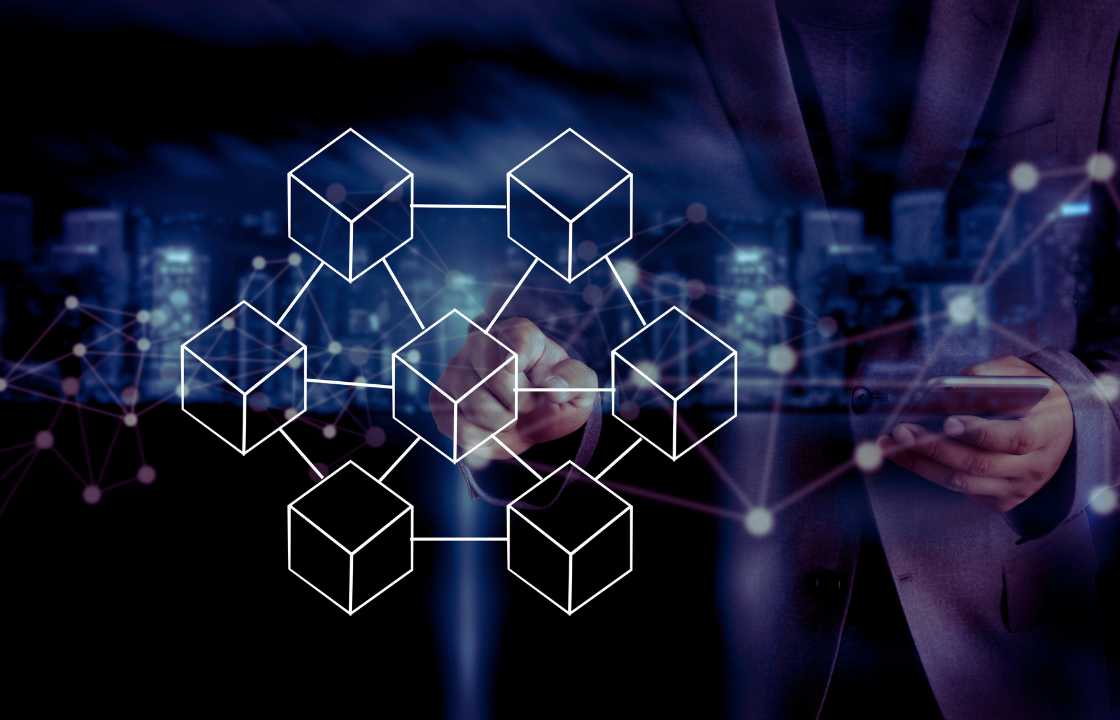Unveiling powerhouses: Top programming languages behind blockchain app development
The digital realm, characterized by decentralized platforms and distributed ledgers, presents boundless opportunities for blockchain technology. This technology offers transparency, security, and operational efficiency across various industries. Powering every functional blockchain application is a robust foundation supported by numerous developers utilizing a diverse array of programming languages. From smart contracts to backend infrastructure, the development process of blockchain applications involves a multitude of tools tailored to specific industry requirements. Let’s delve into the leading blockchain programming languages and their impact on the burgeoning programmer’s market.
Solidity:
Solidity emerges as the frontrunner in blockchain app development, specifically designed for smart contracts. Similar to JS, PShell, and C++, Solidity combines a familiar syntax with unique features tailored to ensure contract security and permanence. Noteworthy is its support for inheritance properties, facilitating code reusability and streamlining the development process, thereby upholding the integrity of decentralized applications (dApps).
Java:
Renowned for its versatility and extensive toolset, Java finds application in building blockchain applications, particularly for infrastructure and smart contract deployment. Java’s object-oriented nature and vast library of resources enable developers to implement scalable and optimized protocols for blockchain solutions. Its widespread adoption fosters the creation of quality tools and resources, enhancing developer productivity across all stages of the development lifecycle.
Python:
Python stands out as a preferred language among developers for blockchain projects due to its simplicity and minimalistic approach. With features like move semantics and compile-time polymorphism, Python simplifies the development process, enabling rapid execution with minimal bugs. Its expressive syntax and rich library ecosystem make it an ideal choice for AI-related tasks, analysis, and scripting.
JavaScript:
JavaScript, a fundamental component in web development, seamlessly integrates into the realm of blockchain technology. Leveraged for user interactions and network performance optimization in decentralized environments, JavaScript plays a crucial role in crafting responsive and intuitive User Interfaces (UIs) for dApp development. Its flexibility and broad applicability ensure the availability of software frameworks and applications that drive blockchain adoption to new heights.
C++:
Known for its exceptional performance and high productivity, C++ dominates blockchain development, particularly in Bitcoin or Litecoin projects. Characterized by its class-based features and direct access to low-level hardware systems, C++ enables the development of fast and robust modules essential for blockchain applications. Implementing sophisticated consensus algorithms and cryptographic primitives with C++ equips blockchain projects with the raw computational power necessary for network scalability and security.
Go:
Introduced by Google, Go has emerged as a prominent contender in blockchain application development. Its static typing feature and swift compilation process make it appealing for building resilient and efficient blockchain applications, fostering flexibility, agility, and operational efficiency. The inherent simplicity and concise syntax of Go expedite iteration speed and deployment, fostering an innovative environment within the blockchain community.
C#:
Similar to Java and C++, C# is widely embraced for developing blockchain applications that prioritize portability and optimal performance. With its robust typing system and extensive framework support, C# empowers developers to tackle complex challenges confidently. Whether creating robust backend infrastructure or deploying steadfast smart contracts, developers can leverage C# across various blockchain applications.
In conclusion, the landscape of blockchain app development is enriched by a diverse array of technologies. Each programming language contributes unique strengths, catering to the diverse requirements of decentralized systems and distributed ledgers. Whether it’s the solidity of Solidity, the versatility of Java, or the agility of Python, developers have a plethora of tools at their disposal to shape the future of blockchain innovation. As technology evolves, so too will the languages propelling its progress, ushering in a new era of decentralized possibilities.

